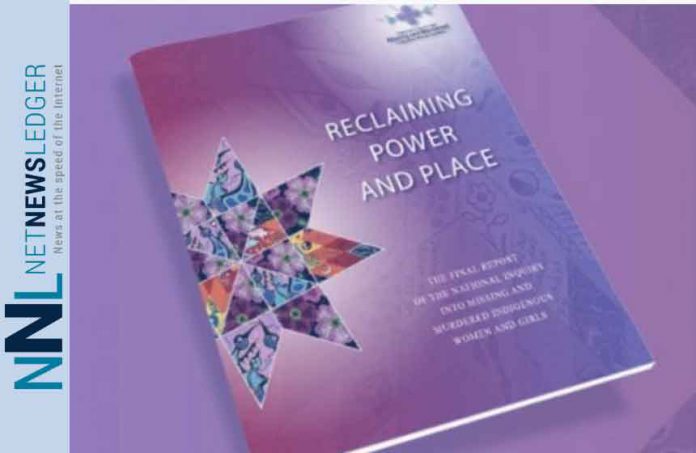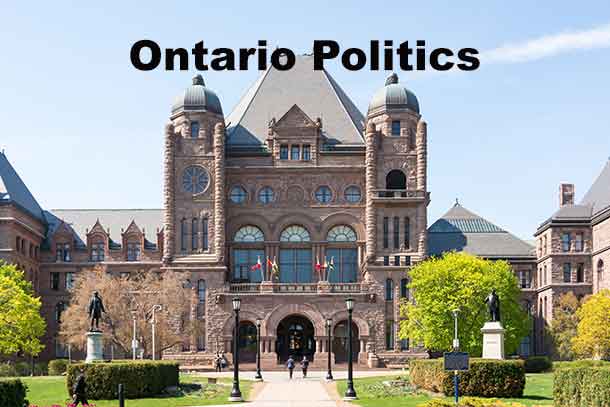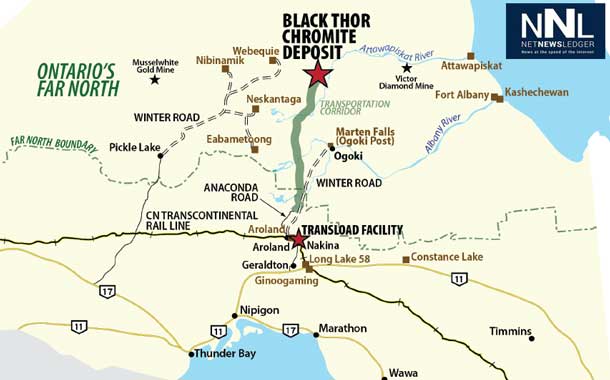An important step in creating a child welfare system focused on prevention and early intervention
TORONTO — Today, Jill Dunlop, Associate Minister of Children and Women’s Issues, announced the province is eliminating the practice of birth alerts. Birth alerts are notifications sent by children’s aid societies to hospitals when they believe a newborn may be in need of protection. This new approach will improve pre- and post-natal services by promoting collaboration between children’s aid societies, hospitals, service providers, Indigenous partners, and community-based service providers.
“Ending the use of birth alerts is an important step as we shift our focus to prevention, early intervention, and improve outcomes for families and their children,” said Minister Dunlop. “This change is part of our government’s effort to build a child welfare system that is better coordinated and focused on community-based prevention services that are high quality, culturally appropriate and truly responsive to the needs of children, youth and families.”
Ending birth alerts was one of the recommendations of the National Inquiry into Murdered and Missing Indigenous Women and Girls.
It has been reported the practice of birth alerts disproportionately affects racialized and marginalized mothers and families. Expectant mothers can be deterred from seeking prenatal care or parenting supports while pregnant due to fears of having a birth alert issued.
Birth alerts have never been required under provincial legislation and have been used inconsistently by children’s aid societies across the province. Going forward, the government is directing children’s aid societies to end the practice of using birth alerts by October 15, 2020. This means working with families, community partners, and service providers to create a pre- and post-natal plan that supports the parents of newborns, to ensure more families stay together.
“By ending the use of birth alerts and encouraging collaborative alternatives for children’s aid societies and other health care providers, expectant parents will be better supported in accessing community resources before the birth of their child,” said Jamil Jivani, Ontario’s Advocate for Community Opportunities. “This is a step in the right direction in helping racialized and marginalized communities across Ontario.”







